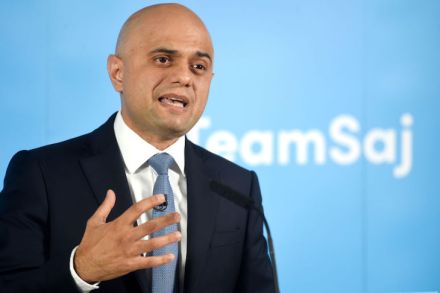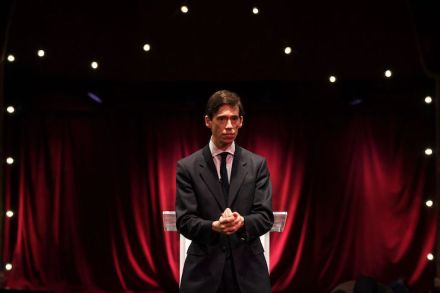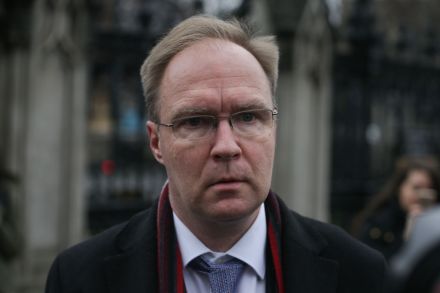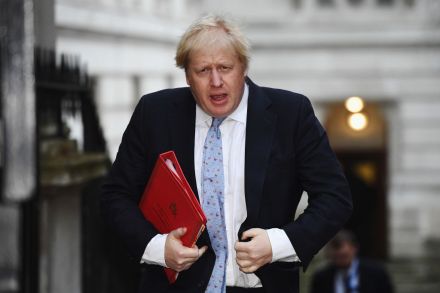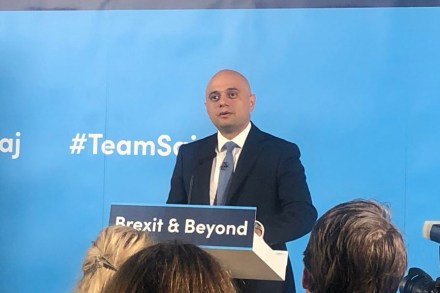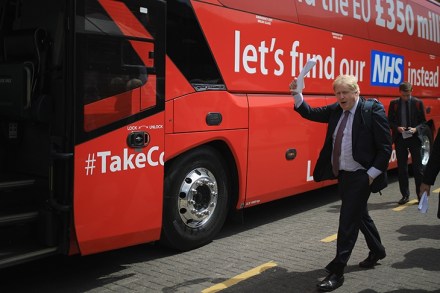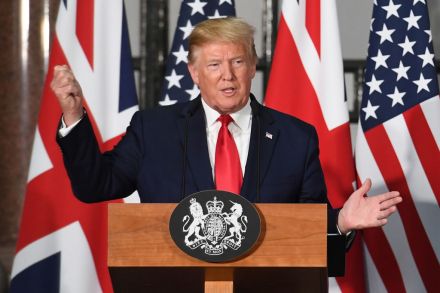Sajid Javid could still be headed for Downing Street. 11 Downing Street
Sajid Javid has been knocked out of the Tory leadership contest – coming in fourth place overall. Ahead of the contest, there were high hopes amongst Javid supporters that he could make it all the way to the final two – and potentially No. 10. However, he had a difficult campaign start and the result today will now be seen as an achievement – and a cause of relief – by many of his supporters. There were points when it seemed Javid would struggle to get this far in the contest. The Home Secretary’s leadership bid got off to a bad start with a lacklustre video launch from which he
